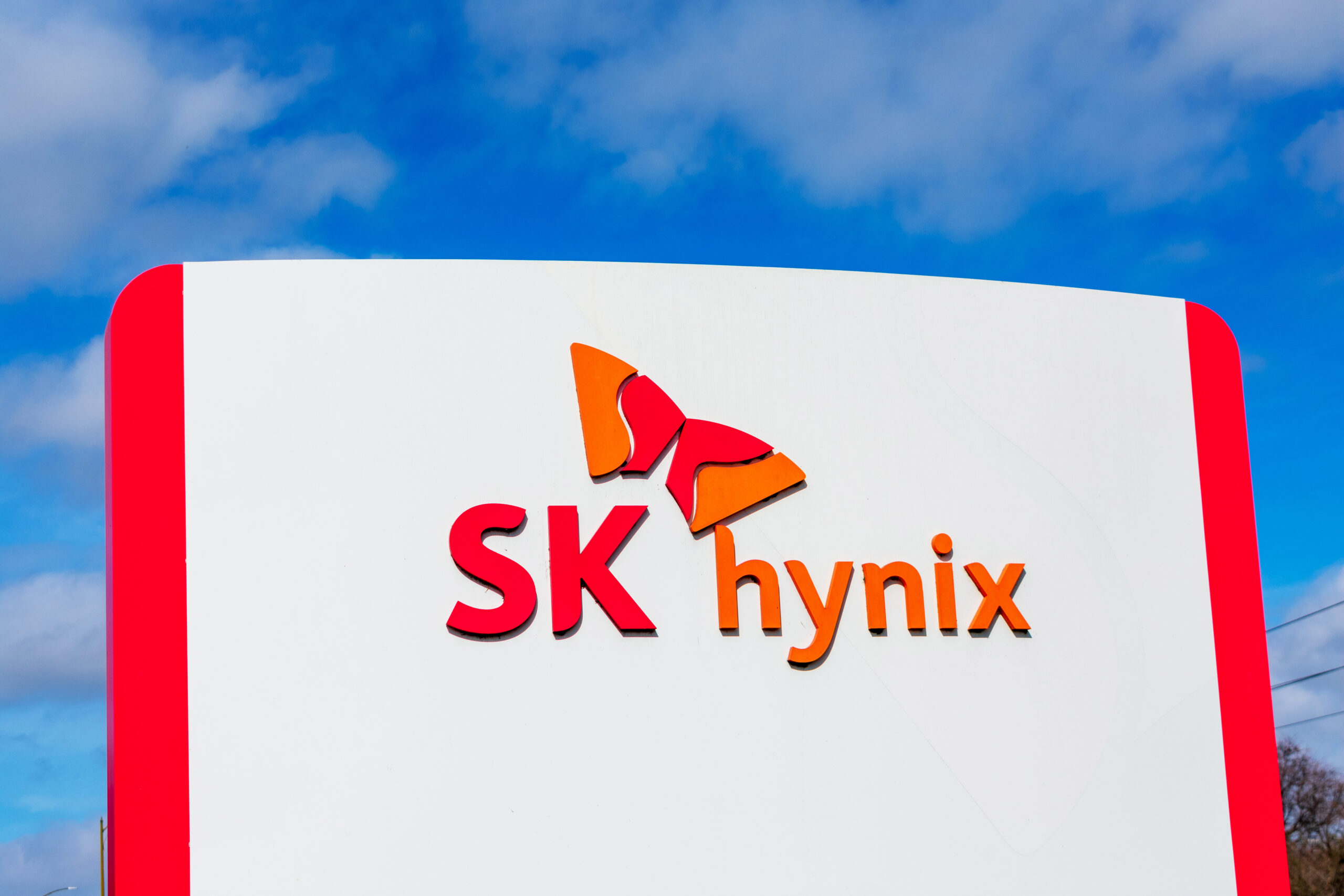Tether Pledges to Block Payments After Venezuela Looks to USDT to Bypass Oil Sanctions

The company behind the world’s largest stablecoin, USDT Tether, pledges to freeze assets made to the entities sanctioned by the Office of Foreign Assets Control (OFAC) following claims that Venezuela’s state-owned oil company looks to crypto for payments. Tether vows it will bar payments to the OFAC-sanctioned entities using USDT to facilitate trade payments.
The Paolo Ardoino-led Tether is pledging compliance with the regulatory directive amid continued criticism of crypto facilitating illicit finance. The USDT-issuer responded to the reports that Venezuela’s oil company was tapping stablecoins to bypass the sanctions.
Tether Pledges to Freeze Payments to Bypass OFAC-Sanctions
Tether reiterated its devotion to stopping payments to the OFAC-sanctioned parties with no exemption to the states. The executive assured that Tether would honor the mandate to guarantee that sanctions addresses are frozen upon discovery for all beneficiaries on the OFAC SDN list.
Tether’s pledge comes after Reuters‘ exclusive publication, revealing that Venezuela’s state-run company PDVSA is leveraging cryptos to facilitate payments for crude oil and fuel exports. The South America country is among states facing oil sanctions reimposed by the OFAC.
The Reuters report indicates that the US Treasury Department directs the PDVSA clients and providers to conclude transactions by May 31. The US faulted Venezuela for failing to implement electoral reforms.
The Tuesday, April 23 report acknowledges that the reimposed sanctions will make it challenging for Venezuela to optimize earnings from oil products and exports. The report indicates that companies will seek authorization from the US to conduct business with the sanctioned country.
The publication claims that PDVSA has recently onboarded its oil sales to Tether with the integration of USDT usage, a hedge against the risk of its funds frozen in foreign bank accounts. The mitigating move has become necessary as new sanctions become effective.
Previous reports last year attributed crypto payments as facilitating the corruption scandal detected at PDVSA, where $21 billion in unaccounted receivables from oil exports remained unaccounted.
The Reuters publication illustrates that PDVSA recently reworked the spot oil deals to deploy a contract model mandating prepayment for the exported cargo in the dollar-pegged stablecoin USDT. The report claims that the Venezuelan state-run firm directs new clients seeking oil business with it to hold crypto within the digital wallet.
Venezuela Usage of Crypto in Limbo
The report unearths that Venezuela resorted to crypto to bypass the OFAC-imposed sanctions, a shocker to companies aiming to resume business with PDVSA after the US offered a six-month licensing approval in October last year. The companies resorted to intermediaries to execute the crypto payment requirements.
The Reuters report discloses that PDVSA has been utilizing intermediaries to execute crypto trades to obfuscate the on-chain trail. The pledge by Tether to block payments places the transacting parties in limbo amid widespread assurance by crypto industry executives to ensure regulatory compliance.
Meanwhile, Venezuela unveiled the crypto experiment in 2018 to bypass the US dollar. However, the project hardly took off beyond the experiment plot. The absence of leading exchanges accepting the project compelled the Nicolás Maduro-led government to terminate the program early this year.
The pledge by Tether to freeze assets linked to PDVSA is a hindrance to Venezuela’s ambitious utilization of crypto to circumvent the OFAC sanctions.
Tokenhell produces content exposure for over 5,000 crypto companies and you can be one of them too! Contact at info@tokenhell.com if you have any questions. Cryptocurrencies are highly volatile, conduct your own research before making any investment decisions. Some of the posts on this website are guest posts or paid posts that are not written by Tokenhell authors (namely Crypto Cable , Sponsored Articles and Press Release content) and the views expressed in these types of posts do not reflect the views of this website. Tokenhell is not responsible for the content, accuracy, quality, advertising, products or any other content or banners (ad space) posted on the site. Read full terms and conditions / disclaimer.




